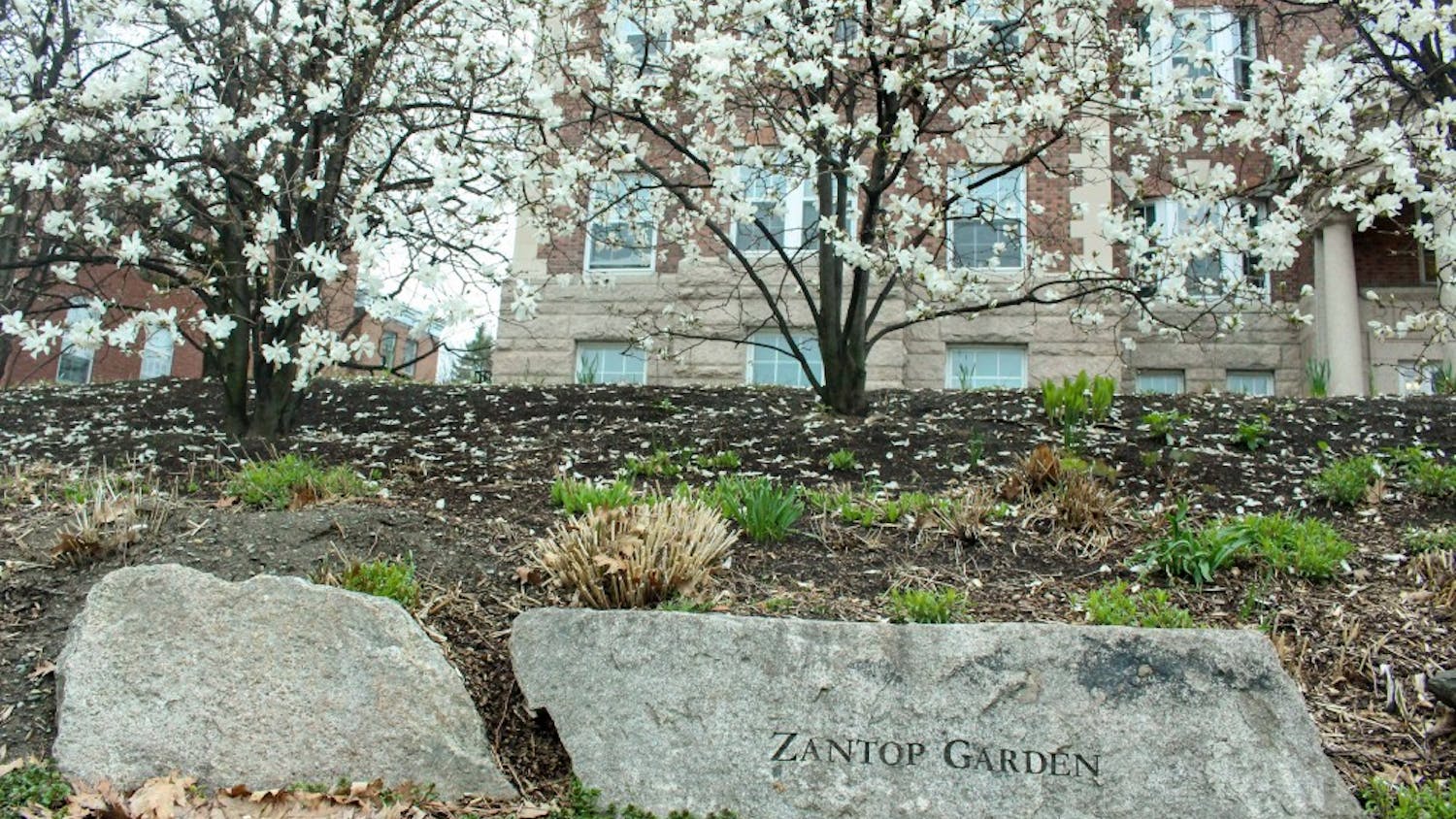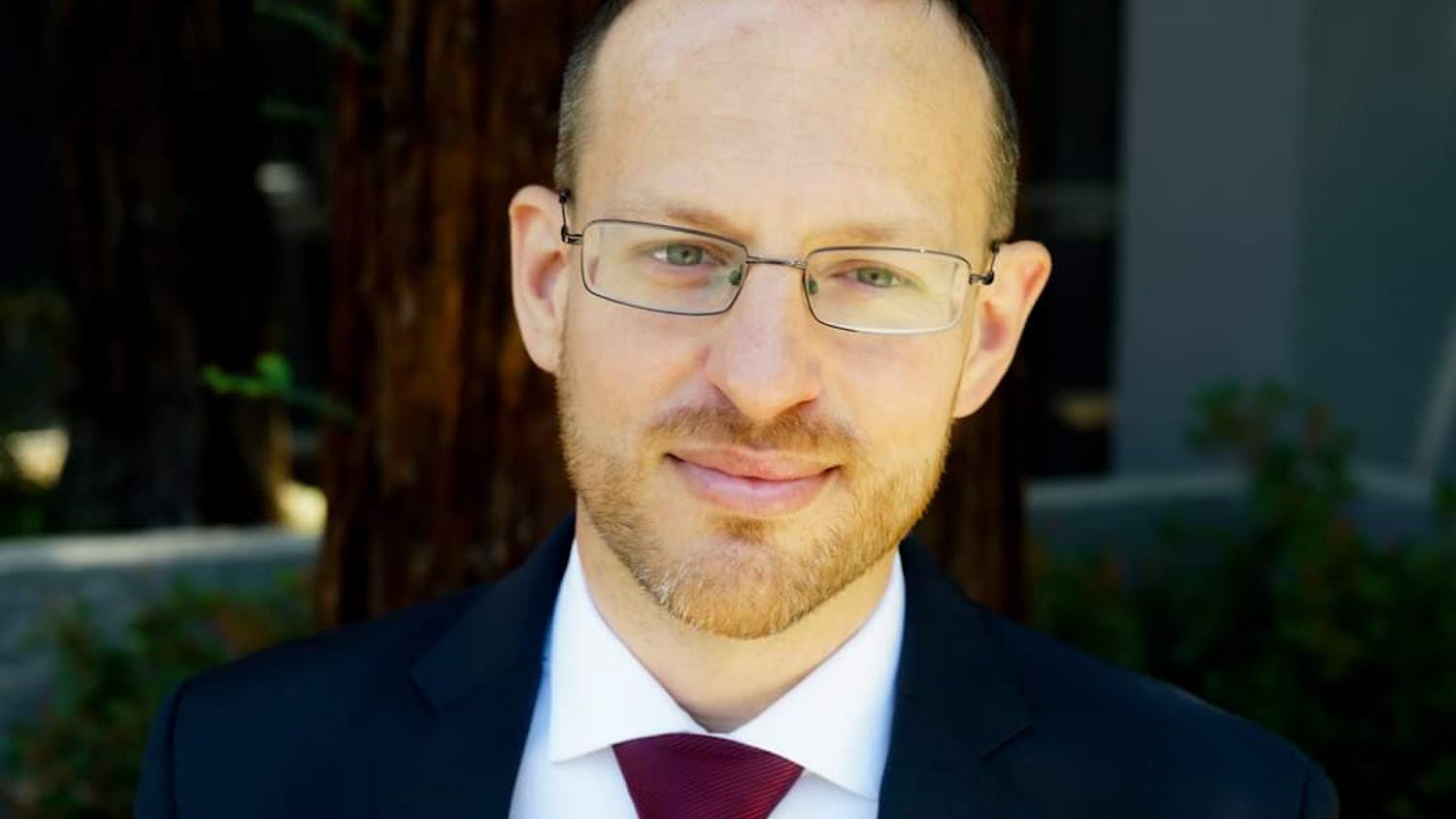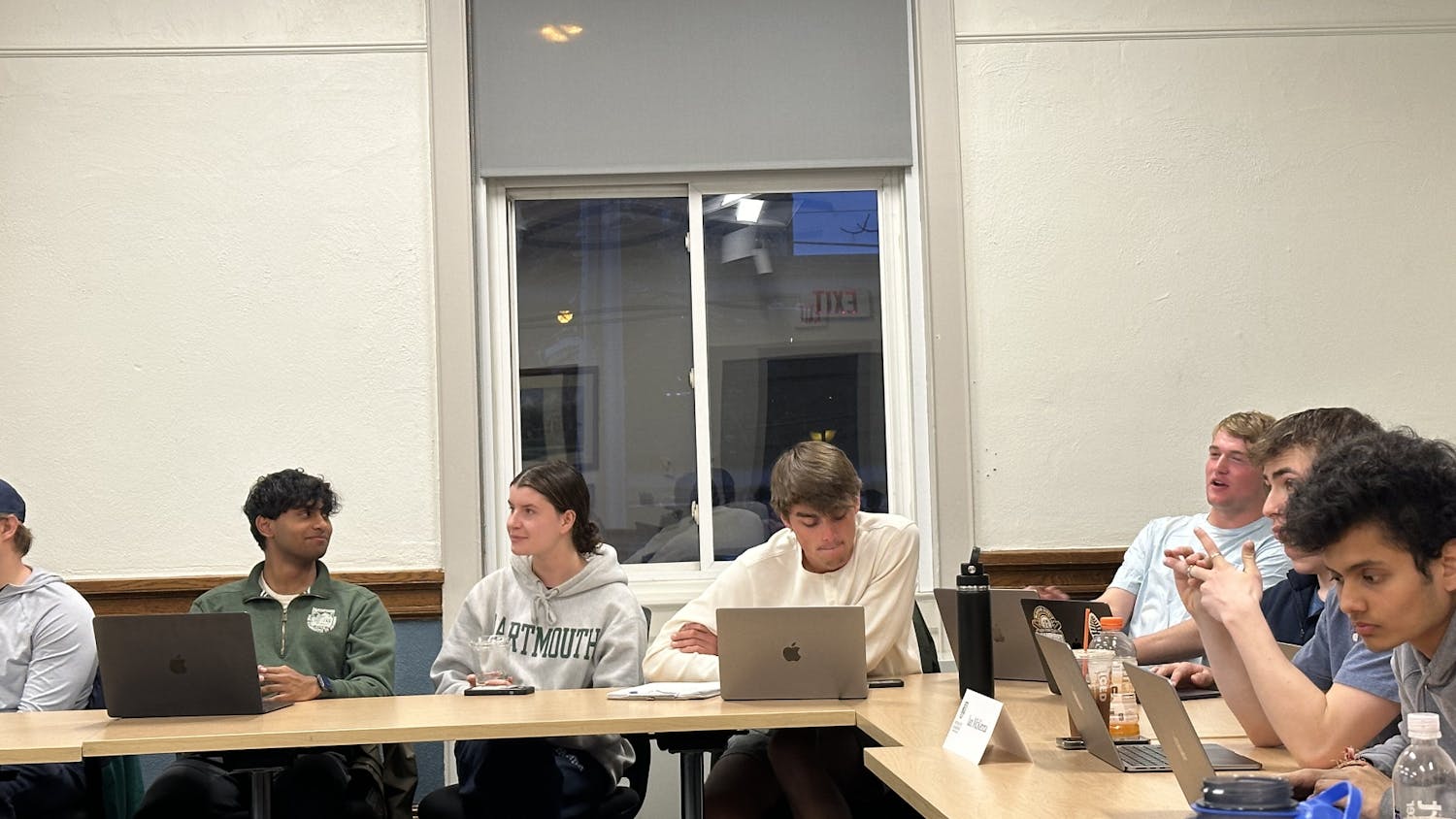As events in the Middle East continue to dominate the news, enrollment in Dartmouth's introductory Arabic classes has skyrocketed.
Thirty-nine students signed up to take Arabic 1 this fall, up from just over half that figure last year, said professor Hussein Kadhim, who has taught Arabic at Dartmouth since 1998. The College is now offering two sections of the course to accommodate the growing demand.
The department of Asian and Middle Eastern Languages and Literatures also recently expanded its faculty to meet student interest, hiring another professor to teach in the Arabic program. Sinan Antoon, who joins the Dartmouth faculty from Harvard University, teaches one of the sections of Arabic 1 this fall.
This year's increase in popularity of introductory Arabic courses comes as part of a larger trend that the College has experienced
"There has been a steady increase over the last couple of years," Kadhim said. "That reflects a national trend. It is not confined to Dartmouth."
As for why students are taking a greater interest in Arabic, Kadhim said students desire to gain a better understanding of international affairs.
"The world is becoming smaller and smaller every day. You need more than just one language -- English or a European language -- to manage to gain a more balanced perspective on world events, because they do affect people wherever they are, even if they happen to be in a small town," Kadhim said.
As a result, students elect to study the Arabic language as a means for understanding the culture of those who speak it.
"A knowledge of the language demystifies a particular culture," Kadhim said.
Students agreed that this desire to learn about international affairs is one reason why they chose to study Arabic.
Arabic minor David Hankins '05 said that before coming to Dartmouth he knew he wanted to study a non-Western language, but hearing about the Sept. 11 attacks during his Dartmouth Outing Club freshman trip "tipped the scale."
Hankins, who has also served as a drill instructor in Arabic, said that a "good amount" of students who take Arabic are motivated to do so by current events. Others pursue Arabic because they are interested in Middle East policy.
He also noted that many Arabic language students are motivated by family connections.
Whatever the reason for electing a course of study in Arabic, there are definite benefits for those who do so, Kadhim said.
"Dartmouth students who take Arabic and who have taken Arabic in the past are, in my opinion, the most brilliant people there are, and also the most courageous," he said.



